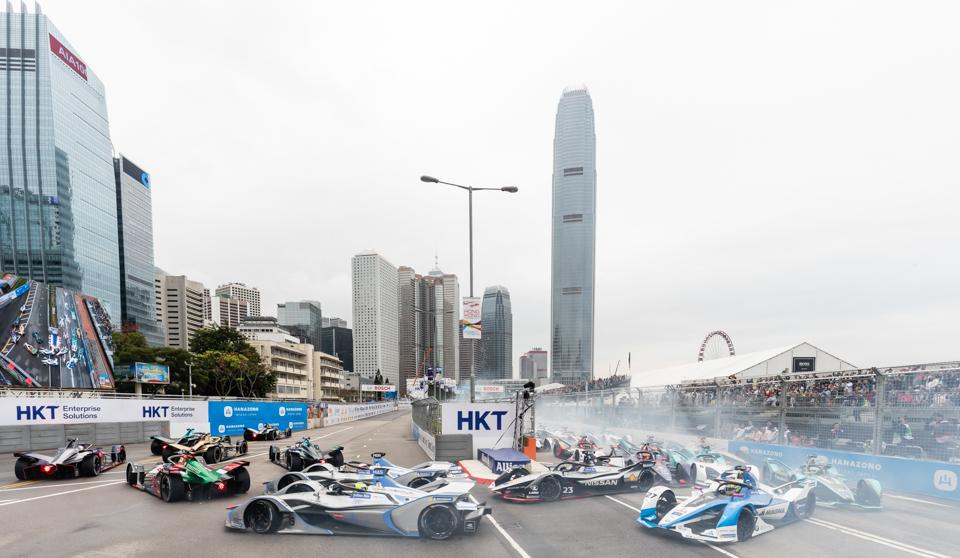HONG KONG—The all new Super Series McLaren 720S was launched at the Geneva Motor Show earlier this year and immediately attracted glowing reports. As details of the new model were absorbed and some of the lucky ones were allowed to drive one the automotive press almost without exception extolled its virtues; for design, technological innovation, road holding, track prowess, drivability, comfort and more.
Faster than the Ferrari 488GTB or Lamborghini Huracan Spyder, as easy to drive as a Porsche Cayman, as comfortable as an executive saloon, lighteningly fast, superb stability, controlled drift in the corners ……were some of the comments.
Since Geneva, what has not been said about this car is hardly worth saying. Every car magazine and website has given it ultimate praise – everyone extolls its virtues, and the superlatives flow time and time again.
So why am I writing about it? Car enthusiasts and the press in Hong Kong have had to wait more than 3 months to get close to this amazing piece of engineering; lighter, stronger and faster than the 650 series that it replaces and some say closely matches the performance of its big brother the P1 track machine.
So it was with great anticipation that I went to the Hong Kong launch held on June 29, part of preview sessions that were held over several days for the media and invited guests.





